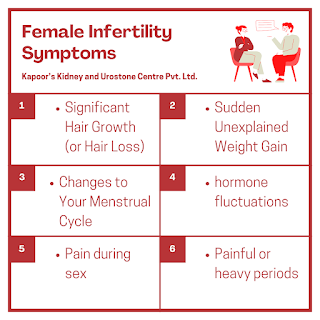Kidney stones are solidified stores of minerals, salts, and other normal substances that create inside the kidneys. Kidney stones create when minerals that are separated by the kidneys become concentrated.
From the outset, kidney stones, as a rule, don't cause side effects, particularly on the off chance that they aren't moving inside the kidney. Nonetheless, when they pass into the ureter (the cylinders that convey pee from the kidneys to the bladder), you may see a few manifestations.
On the off chance that kidney stones are obstructing the ureters, you may start to see changes in your pee propensities. These can go unnoticed from the start, however, they can rapidly heighten to something you can't overlook.
Normal changes include:
- Sensing that you have to pee constantly, regardless of whether you just wrapped up
- Possibly having a limited quantity of pee when you pee
- Peeing more as often as possible than you normally do
- Pee that is earthy colored, red, or pink (a sign that blood is in the pee)
- Pee that smells unpleasant or looks overcast
Different Symptoms:
There are a couple of different manifestations you may involvement in kidney stones. These include:
- Chills and fever
- Sickness and regurgitating
Sometimes, sickness may be a result of the agony; notwithstanding, it can likewise be an indication of contamination. Fever and chills are additionally indications of contamination.
On the off chance that you do have a disease, you may require a medical procedure to deplete the kidney promptly so the contamination doesn't spread.
Prevention from Kidney Stones:
There are a few things you can do to forestall kidney stones from framing:
- Drinking liquids, particularly water, is the best method to forestall stones. You should drink 2 to 3 liters of liquids every day. You may require more when the climate is hot or in the event that you practice a great deal.
- Increment vegetables, foods grown from the ground in your eating regimen, lessen creature protein (chicken, fish, meat), and decrease your sodium consumption.
Keep up a wellbeing weight.
If you’re experiencing any of these symptoms, schedule an appointment with Kapoor’s Kidney & Urostone Centre Pvt. Ltd. While most stones pass on their own, larger kidney stones can damage the urinary system and cause severe pain. Depending on the location and size of your stone, your doctor will be able to recommend kidney stones treatment on your own or schedule a procedure to help remove problematic stones that are unlikely to pass.












